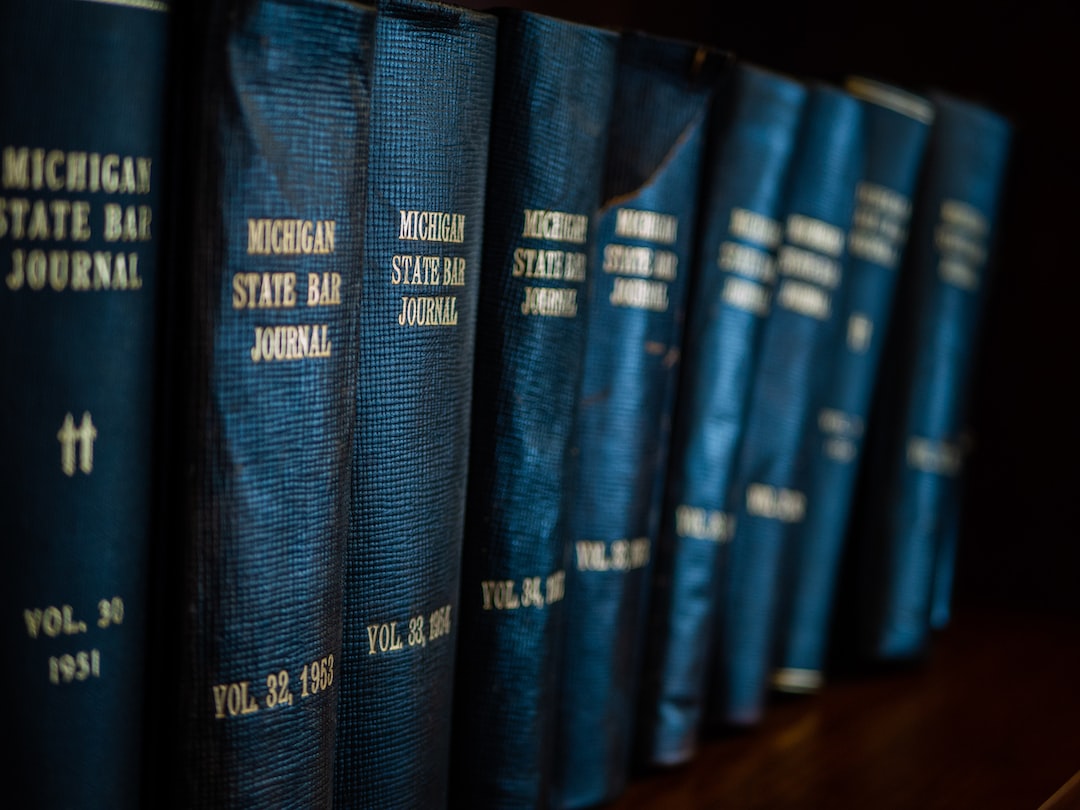Exploring Landlord-Tenant Rights and Responsibilities
When renting a property, whether it’s a house, an apartment, or a business space, it’s essential for both landlords and tenants to understand their rights and responsibilities. This knowledge can help prevent many conflicts and ensure a smooth and harmonious landlord-tenant relationship.
Landlord’s Responsibilities:
1. Providing a Safe and Habitable Property: Landlords have a legal obligation to maintain a safe and habitable living environment. This includes ensuring that the property meets all health and safety standards, such as providing proper ventilation, clean water, and functional heating systems. Landlords are responsible for making necessary repairs and regular maintenance to keep the property in good condition.
2. Complying with Local Laws and Regulations: Landlords must adhere to all relevant local, state, and federal laws and regulations. This includes obtaining the necessary licenses and permits, following zoning laws, and ensuring the property meets all building codes. Failure to comply may result in penalties or legal actions.
3. Providing Proper Notice: When landlords need to enter the rented property for maintenance or inspections, they must provide reasonable notice to the tenant. The required notice period may vary depending on local laws, and tenants have the right to privacy in their rented space.
4. Returning Security Deposits: Landlords are responsible for returning the security deposit to the tenant at the end of the lease, minus any deductions for unpaid rent or damages. The timeframe for returning the deposit should be clearly outlined in the lease agreement.
5. Respecting Tenant Rights: Landlords must respect the rights of their tenants, including non-discrimination based on race, gender, religion, or disability. They cannot harass or retaliate against tenants for exercising their legal rights, such as filing a complaint or requesting repairs.
Tenant’s Responsibilities:
1. Paying Rent on Time: Tenants have a legal obligation to pay rent on time, as stated in the lease agreement. Failure to do so may result in late fees or eviction. It’s important for tenants to understand the terms and conditions regarding rent payment, including the due date, acceptable payment methods, and consequences of late payments.
2. Maintaining the Property: Tenants are responsible for keeping the rented property clean and in good condition. This includes regular cleaning, proper disposal of garbage, and taking care of minor repairs that are not the landlord’s responsibility. Tenants should also report any damages or maintenance issues promptly to the landlord.
3. Respecting Neighbors and the Community: Tenants should respect the rights and privacy of their neighbors. This includes keeping noise levels reasonable, following community rules and regulations, and being considerate of shared spaces, such as parking lots or laundry rooms.
4. Providing Access for Repairs and Inspections: Just as landlords must provide notice before entering the property, tenants must allow access for necessary repairs and inspections. Timely communication with the landlord is crucial to address any maintenance issues promptly.
5. Reporting Lease Violations: If the landlord fails to fulfill their responsibilities, tenants should report any lease violations to the appropriate authorities or seek legal advice. This can help protect their rights and ensure necessary actions are taken.
Issues and Dispute Resolution:
Despite best efforts, disagreements can arise between landlords and tenants. It’s important to address these issues promptly and amicably. Some common issues include:
1. Rent Increases: While landlords may raise the rent after the lease term ends, there are often restrictions on the frequency and amount of increase. Tenants should understand their rights in this matter and communicate with the landlord if they believe the increase is unreasonable.
2. Repairs and Maintenance: If the landlord fails to fulfill their responsibility of necessary repairs, tenants should document the issues and report them in writing. In some cases, tenants can take legal action to enforce their rights or request a rent reduction due to the inconvenience or health hazards caused by the lack of repairs.
3. Eviction: If facing eviction, tenants should understand the reasons for the eviction and consult with legal professionals, such as tenant advocacy groups or lawyers specializing in landlord-tenant law. Renters have certain rights that protect them from unlawful eviction, including the right to receive proper notice and having a chance to rectify any lease violations.
In conclusion, exploring landlord-tenant rights and responsibilities is crucial for a successful and fair rental experience. By understanding their rights and fulfilling their responsibilities, both landlords and tenants can create a mutually beneficial living arrangement, ensuring a safe and harmonious living environment for all parties involved.

